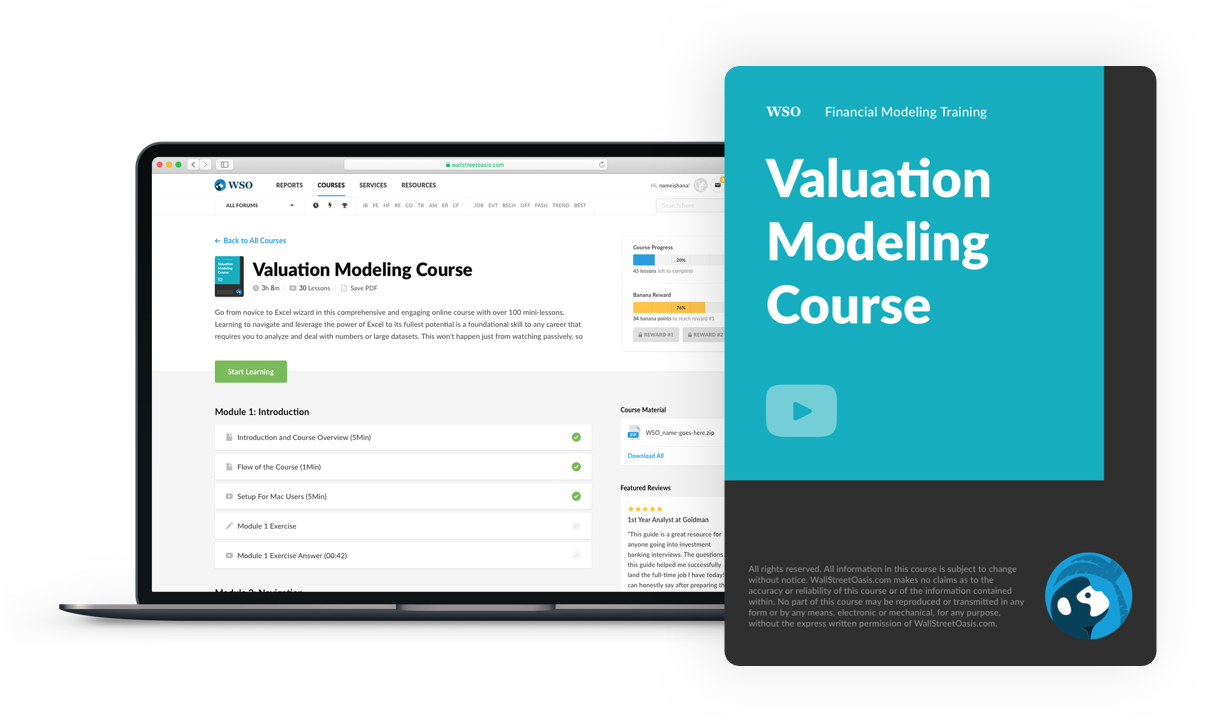Deferred Interest
Refers to interest that accrues on a loan during a specific period but is not immediately paid by the borrower.
What is Deferred Interest?
Deferred interest refers to interest that accrues on a loan during a specific period but is not immediately paid by the borrower. Instead, the interest is deferred or postponed until a later date.
It is a unique financial concept that has the potential to either be a financial lifesaver or a hidden pitfall. However, there's a crucial caveat.
Suppose you fail to settle your outstanding balance before the conclusion of the promotional grace period. In that case, you will incur the entirety of the accrued interest in one lump sum, regardless of whether you only owe a minor fraction of the original sum.
In contrast, a 0% introductory Annual Percentage Rate (APR) offer only starts charging interest on any remaining balance at the end of the card's introductory APR period. This fundamental difference is essential to grasp.
These accounts either save you from interest payments or catch you with unexpected charges.
Key Takeaways
- Deferred interest postpones the cost you pay to borrow money or avail of a service for a certain period determined by the lender.
- Deferred interest applies to credit cards, retail purchase financing, and home loans (mortgages).
- Interest gets accrued from the purchase date if anyone on this plan does not repay in the agreed-upon timeframe.
How Does Deferred Interest Work?
Deferred interest arrangements often involve significant purchases, enticing consumers to spread payments over time without incurring immediate interest. Within a predetermined duration, no interest is applied.
However, you need to settle the complete amount by the end of the period provided to be accountable for the accumulated interest on the total balance starting from the very first day.
To better comprehend how these accounts function, let's explore some common scenarios where they come into play:
- Retail Store Financing: Many retail stores offer financing deals where you can purchase items with zero interest if the balance is paid off within a set time frame.
- Credit Card Promotions: Credit card companies frequently provide introductory periods with zero interest on balance transfers or purchases for a specified number of months.
- Home Improvement Loans: Homeowners may come across offers that allow them to renovate their homes with deferred interest for a defined period.
For instance, imagine purchasing a new watch for $1,800. You could either pay $1,800 upfront or opt for the store's deferred interest offer, which advertises "no interest for 24 months" but carries a substantial 25.99% regular APR.
Paying off the balance over 24 months would not incur any interest. However, suppose unforeseen circumstances prevent you from paying off the balance during the promotional term. In that case, you'll be hit with an extra $900 or so, representing the interest accrued during the offer period.
This backdated interest can be remarkably high because offers often come with steep interest rates, ranging from 25% to 32% on the initial balance.
Deferred Interest on Credit Cards
Some credit cards are more likely to offer promotions than others. Store and brand names promote their credit cards at checkout counters in exchange for promising offers.
These offers usually appear when you shop for significant items like electronics, furniture, or appliances and could use a payment plan to pay over time. While it is initially appealing, there are strings attached that take advantage of the buyers who cannot meet monthly dues.
They might be marketed as "no interest" offers, and it's vital to scrutinize the fine print to determine whether it's a deferred interest plan. This is usually listed in the “Terms and Conditions” or “T&C” accompanying the purchase receipt of the item bought.
Thoroughly examine the terms and conditions of your card and pay close attention to phrases such as "postponed interest," "interest applied retrospectively," or "interest waived if paid completely."
Deferred Interest on Mortgages
A Deferred Interest Mortgage, frequently mentioned as a "Payment Option ARM" (Adjustable Rate Mortgage), is a form of mortgage loan that grants borrowers multiple payment choices, comprising the capability to issue minimum payments that do not encompass the complete interest owed.
As a result, any unpaid interest is added to the loan balance, potentially increasing the overall amount owed over time. Mortgages with this feature typically come with a variable interest rate that can change regularly, such as monthly or annually.
The interest rate is commonly linked to a particular financial index, like the LIBOR or the Treasury Bill rate.
Whenever the interest rate adjusts, it has the potential to impact the minimum payment and the payment that covers only the interest.
In the case of mortgages, the interest is added to the principal amount in the case where the borrower is not repaying the monthly balance accrued during the offer period. This adding back of “postponed” interest payment is called negative amortization.
Mortgages of such nature typically catch borrowers who cannot make the full monthly payments, i.e., the repayment amount tends to increase over time. This ARM burdens those unable to make payments, causing foreclosure.
A Deferred Interest Mortgage's main benefit is its flexibility in choosing lower initial payments. However, it comes with inherent risks, including potential payment shock, increasing loan balances, and the possibility of owing more than the original loan amount.
Lenders typically require borrowers to meet specific qualifications to be eligible for a Deferred Interest Mortgage. These qualifications may include creditworthiness and the ability to demonstrate the capacity to handle payment increases.
Pros and Cons of Deferred Interest Plans
While offers can be alluring for their interest-free period, they come with significant downsides.
Pros of Deferred Interest
- Cost Savings: The most apparent benefit is the potential to save money. Not paying interest during the promotional period can lower the overall cost of a purchase or loan.
- Financial Flexibility: Deferred interest accounts can provide financial flexibility, enabling you to make larger purchases and manage payments over time.
- Debt Consolidation: Credit card promotions with deferred interest can effectively consolidate and manage existing debt.
Cons of Deferred Interest
- Penalty for Missed Payments: If you fail to settle the full amount before the promotional period concludes, you will be charged interest, applied from the transaction date.
- High-Interest Rates: The deferred interest offers often feature exceptionally high-interest rates. The accrued interest can be substantial if the balance is not paid in full within the specified period.
- Complex Terms: A credit card company may void the deferred interest offer if you submit a late payment.
How to Avoid Paying Deferred Interest
Deferred interest can be tricky to fully comprehend based on how the retailers set up various payment aspects. While they provide an opportunity to save money, there are crucial factors to consider.
- Understand the Fine Print: The Terms and Conditions at the bottom of or following any purchase document is called the fine print.
- Promotional Period: Know the exact promotional or deferred interest period duration.
- Payment Terms: Comprehend the minimum payments required during the promotional period.
- Interest Accrual: Understand how interest is calculated and accrued during the deferral period.
- Budget for Full Repayment: Calculate how much you need to pay each month to cover the cost before the interest-free period ends to budget for it ahead of any purchase.
- Automate Payments: Ensure your payments are automated to avoid any room for late payments.
- Pay Above Minimums: Deferred interest offers often have minimum payments that won't clear the balance within the promotional period. Aim to pay more to make the payment schedule end sooner and also assist with credit utilization.
- Explore Alternatives: If you're concerned about paying high-interest rates after the promotional period, explore a credit card with a 0% introductory APR offer or a balance transfer to a new credit card.
Is Deferred Interest Worth It?
Generally, it's advisable to avoid deferred interest offers in favor of safer options. Unless you're confident you can pay off your full balance on time, deferred interest promotional offers can backfire and cost you considerably.
Choosing a 0% APR credit card or a low-interest personal loan may be a more secure choice, offering greater flexibility and predictability in your financial planning.
Deferred interest accounts can be a double-edged sword. While they may offer temporary relief from interest payments, they can quickly become a financial trap if not managed diligently.
Understanding the terms, doing the math, and evaluating alternative financing options can help you make an informed decision regarding deferred interest accounts.

Everything You Need To Master Valuation Modeling
To Help You Thrive in the Most Prestigious Jobs on Wall Street.



or Want to Sign up with your social account?